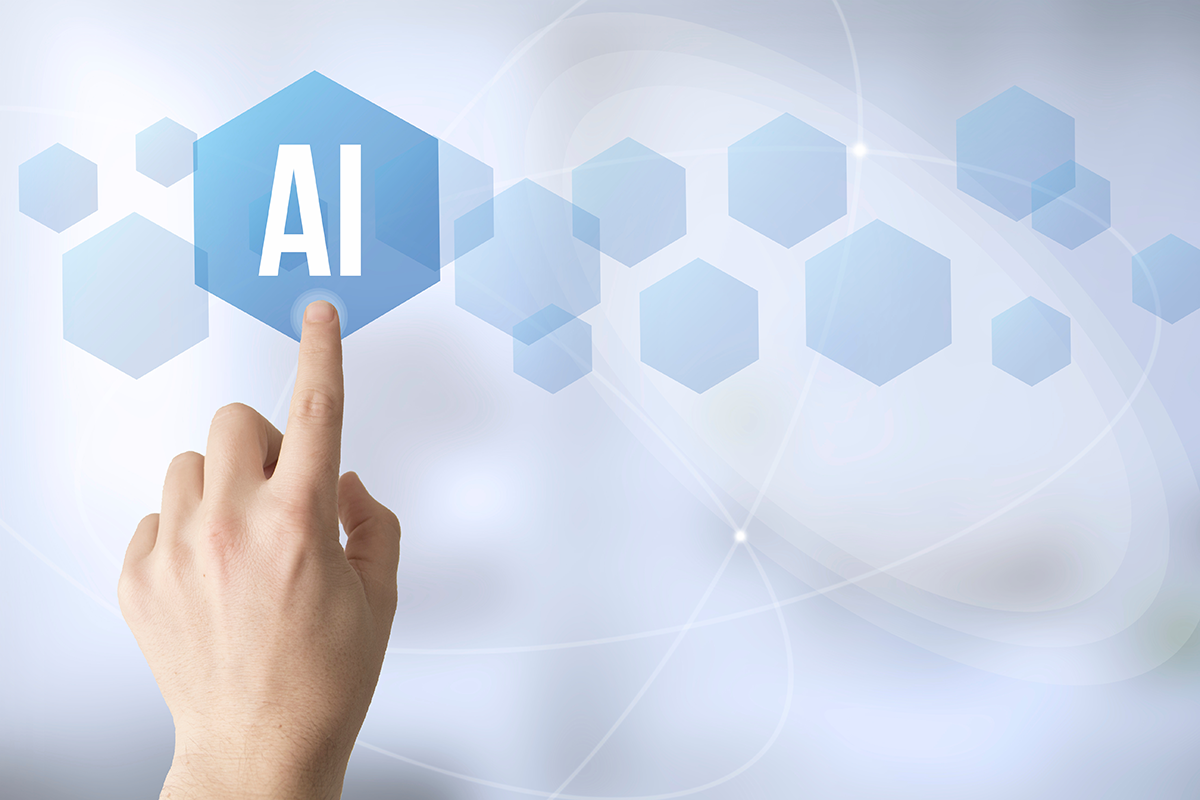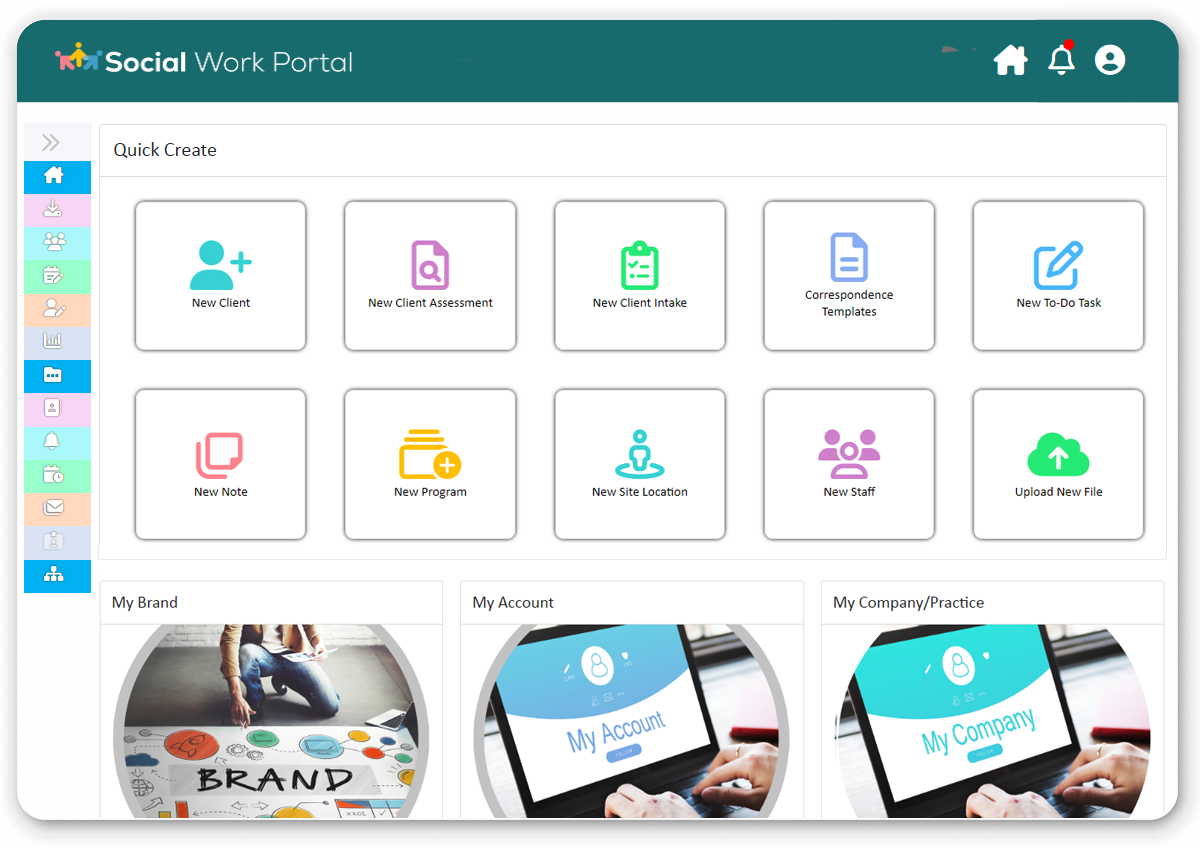Innovate For Impact: How AI Can Revolutionize Charitable Work
In today’s nonprofit landscape, every second counts and resources are often stretched thin. Charities face a formidable challenge: how to maximize their impact with limited time and resources.
Fortunately, in the digital age, AI charity technology has emerged as a powerful ally in this noble pursuit. Among the most promising innovations is Artificial Intelligence (AI), a transformative force that holds the potential to revolutionize the way charities operate, enabling them to streamline processes, optimize resources, and ultimately, magnify their positive influence on the world.

Let’s demystify charity AI. What is it, really? How does it fit into the charitable landscape? Whether you’re a grassroots nonprofit or a global humanitarian organization, this guide will equip you with the tools to navigate the winds of change and steer your mission toward unprecedented efficiency and lasting impact.
Watch a summary below:
Story Highlights
|
What Exactly is Charity AI?
AI refers to the development of intelligent systems that can learn and perform tasks typically requiring human intelligence. While the term “artificial intelligence” often conjures up images of robots, in the context of charities, AI manifests in various forms, including:
- Machine Learning: Algorithms that learn from data and improve their performance over time, enabling tasks like predicting donor behavior or identifying potential beneficiaries.
- Natural Language Processing (NLP): Technologies that allow computers to understand and process human language, facilitating sentiment analysis of donor feedback or automating responses to inquiries.
- Computer Vision: The ability of computers to analyze and interpret visual data, with potential applications like image recognition for disaster response or fraud detection in financial transactions.
How Can AI Benefit Charities?
AI offers a multitude of benefits for charities, allowing them to work smarter, not harder. Here are some key areas where AI charity technology can make a significant impact.
Enhanced Fundraising and Donor Management:
- Donor Segmentation and Targeting: Charity and NGO AI can analyze donor data to identify patterns and segment donors based on demographics, giving history, and interests. This allows for personalized fundraising campaigns with targeted messaging, significantly increasing the likelihood of successful donations.
- Predictive Modeling: AI algorithms can analyze past fundraising data to predict future giving trends and identify potential high-value donors. This allows you to focus your efforts on the most promising prospects, maximizing fundraising efficiency.
- Chatbots and Virtual Assistants: AI-powered chatbots in charity technology can provide 24/7 support to donors, answer frequently asked questions, and even schedule appointments with staff. This frees up valuable time for human staff to focus on building donor relationships.
Improved Program Effectiveness and Service Delivery:
- Risk Assessment and Early Intervention: Charity AI algorithms can analyze client data to identify potential risks or service needs. This allows for early intervention and proactive support, leading to better client outcomes.
- Personalized Service Delivery: AI charity technology can personalize service delivery by tailoring interventions and recommendations to each client’s specific needs and circumstances.
- Program Evaluation and Impact Measurement: Charity and NGO AI can automate data collection and analysis for program evaluation, allowing charities to track progress and measure impact more efficiently.
Streamlined Operations and Increased Efficiency:
- Automation of Repetitive Tasks: Charity AI can automate many time-consuming administrative tasks, such as data entry, scheduling appointments, and generating reports. This frees up valuable staff time for more strategic work.
- Improved Data Management: AI charity technology can organize and analyze large data sets, providing valuable insights into program effectiveness, donor behavior, and operational efficiency.
- Reduced Operational Costs: By automating tasks and streamlining processes, AI can help charities reduce operating costs and stretch their limited resources further.
Do you have any questions about nonprofit, charity, or NGO AI technology? Please reach out and let us know!
Considerations for Implementing AI in Charities
While AI offers a wealth of benefits, it’s crucial to approach its implementation thoughtfully. Here are some key considerations:
- Data Security and Privacy: Ensure robust data security measures are in place to protect sensitive donor and client information. Transparency regarding data collection and usage is also essential.
- Human-Centered Approach: Charity AI should be seen as a tool to enhance human capabilities, not replace them. Charities must maintain a human-centered approach to their work, focusing on building relationships and delivering compassionate care.
- Ethical Considerations: It’s essential to be mindful of potential biases in AI algorithms and ensure fair and ethical treatment of all stakeholders.
- Technical Expertise: Implementing AI charity technology may require some technical expertise. Evaluate your organization’s capabilities and consider partnering with technology experts if needed.
Getting Started with AI for Your Charity
The world of charity AI can seem daunting, but there are several steps your charity can take to explore its potential
- Identify Your Needs and Goals: Before diving into AI charity solutions, carefully evaluate your organization’s specific needs and fundraising goals. What areas could benefit most from automation or data-driven insights? Identifying clear priorities will help you choose appropriate AI tools.
- Research AI Solutions: Explore the various AI charity technology available. Many software companies offer AI-powered features within their existing fundraising or case management platforms. Look for solutions that cater to your specific needs and budget.
- Start Small and Scale Up: Don’t feel pressured to adopt a comprehensive charity AI strategy overnight. Start by implementing AI in a specific area, such as donor segmentation or automated reporting. Measure the impact and gradually expand your use of AI as you gain experience and confidence.
- Seek Training and Support: Many resources are available to help charities understand and implement AI. Look for training programs, webinars, and workshops offered by technology companies or nonprofit technology organizations.
Please let us know if you have experience with the use of AI charity technology. We’d love to hear from you!
The Future of AI in the Charity Sector
AI is still evolving, but its potential to transform the charity sector is undeniable. As AI charity technology continues to develop, we can expect to see even more innovative applications emerge. Here are some possibilities for the future:
- Personalized Client Support: AI-powered chatbots could offer more sophisticated support to clients, potentially even providing basic counseling, assessments, or emotional support.
- Grant Writing and Proposal Optimization: Charity or NGO AI could analyze successful grant proposals and suggest improvements to your applications, increasing your chances of funding.
- Volunteer Management and Matching: AI could match volunteers with opportunities that best suit their skills and interests, optimizing volunteer recruitment and retention.
Conclusion: Boosting Impact with AI Charity Technology
By embracing AI strategically, charities can unlock a new level of efficiency, effectiveness, and impact. While charity AI cannot replace the human touch that is the core of charitable work, it can be a powerful tool to empower charities to serve their communities more effectively and make a lasting difference in the world. As the technology continues to evolve, charities that leverage AI will be well-positioned to thrive in the years to come.
Automate Your Case Management with Case Management Hub!
Take a step towards a more efficient workflow with charity technology that can automate case management. This includes real-time reporting, cloud-based assessments, staff notifications, and more.
Case Management Hub is an easy-to-use case management software that streamlines your work with those you serve.
Sign up for a free trial today.
FAQ: AI Charity Technology
What is charity AI?
AI refers to the development of intelligent systems that can learn and perform tasks typically requiring human intelligence. In the context of charities, AI manifests in various forms, including machine learning, natural language processing, and computer vision. Charity and NGO AI can help with data analytics, donor segment analysis, and case management.
How can AI benefit charities?
AI offers a multitude of benefits for charities, allowing them to work smarter, not harder. Some key areas where AI charity technology can make a significant impact are:
Enhanced Fundraising and Donor Management
Improved Program Effectiveness and Service Delivery
Streamlined Operations and Increased Efficiency
What are some considerations for implementing AI charity technology?
While AI offers a wealth of benefits, it's crucial to approach its implementation thoughtfully. Some key considerations are data security, keeping a human-centered approach, ethical considerations for AI algorithms, and the technical expertise needed.
Note: Content on this website (socialworkportal.com) is copyrighted and protected under applicable copyright laws. Unauthorized reproduction, distribution, or use of any content from the website, without explicit written permission, is strictly prohibited. Read: Terms of Use.
Social Work Portal Disclaimer: Social Work Portal is not a social work agency and we do not refer social workers. This web site is provided for educational and informational purposes only and does not constitute providing medical advice or professional social and healthcare services. The information provided should not be used for diagnosing or treating a health problem or disease, and those seeking personal medical advice should consult with ... Read our full disclaimer here: Social Work Portal Disclaimer.

Image sources: Stock.adobe.com







